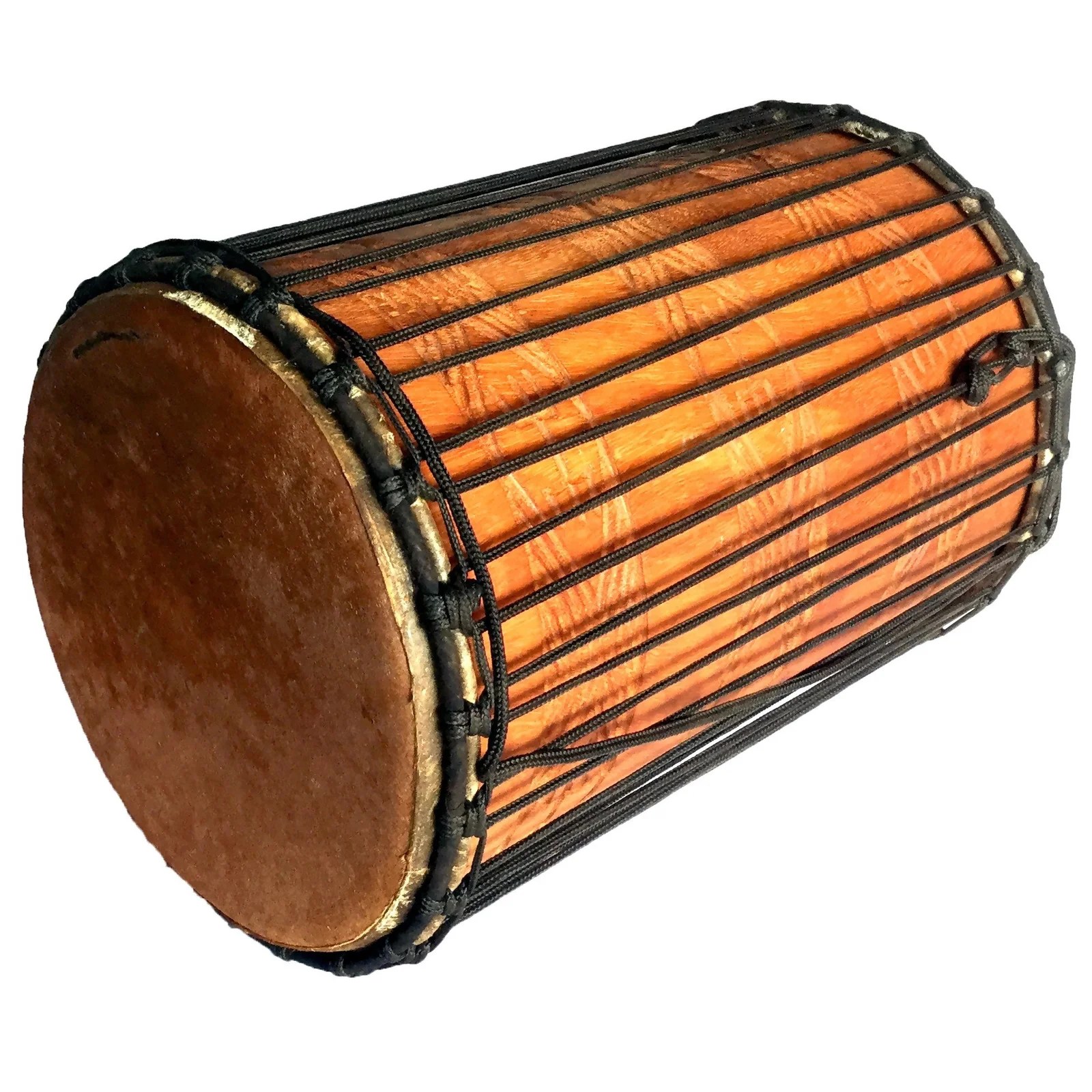Nigerian Instruments: A Deep Dive Into The Rich Musical Heritage Of Nigeria
Nigeria is a country renowned for its diverse cultures, languages, and traditions, and its music is a vibrant reflection of this rich heritage. The traditional instruments of Nigeria play a crucial role in the country's musical landscape, showcasing the creativity and artistry of its people. From the rhythmic beats of the talking drum to the melodic sounds of the kora, each instrument tells a unique story and contributes to the tapestry of Nigerian music.
This article will explore the various traditional Nigerian instruments, their cultural significance, and how they are used in contemporary music. We will delve into the different regions of Nigeria and the instruments that are characteristic of those areas, providing insights into how these instruments are crafted and played.
Whether you are a music enthusiast, a cultural aficionado, or simply curious about Nigeria's musical heritage, this article will provide you with a comprehensive understanding of Nigerian instruments and their importance in the world of music.
Table of Contents
- Introduction
- Biography of Nigerian Instruments
- Types of Nigerian Instruments
- Cultural Significance of Nigerian Instruments
- Regional Instruments in Nigeria
- Contemporary Use of Traditional Instruments
- The Craftsmanship Behind Nigerian Instruments
- Conclusion
Biography of Nigerian Instruments
Nigerian instruments have a rich history that dates back centuries. They are not merely tools for music; they are embodiments of culture, tradition, and storytelling. Each instrument has its own lineage and is often associated with specific cultural practices, ceremonies, and events. The craft of making these instruments has been passed down through generations, with artisans infusing their own creativity and innovations into traditional designs.
| Instrument Name | Type | Region | Cultural Significance |
|---|---|---|---|
| Talking Drum | Membranophone | Southwest Nigeria | Used for communication and storytelling |
| Kora | Chordophone | Northwest Nigeria | Accompanies griots in storytelling |
| Shekere | Idiophone | Western Nigeria | Used in various celebrations and festivals |
| Udu | Idiophone | Eastern Nigeria | Used in traditional dances and rituals |
Types of Nigerian Instruments
Nigeria boasts an array of traditional instruments, each with unique sounds and playing techniques. Some of the most notable types include:
- Membranophones: Instruments that produce sound through a vibrating membrane, such as the talking drum and the dundun.
- Idiophones: Instruments that produce sound through the material itself vibrating, including the shekere and udu.
- Chordophones: String instruments like the kora and the xylophone, which produce sound through vibrating strings.
- Aerophones: Wind instruments such as the arewa and the traditional flutes, which create sound by the vibration of air.
Cultural Significance of Nigerian Instruments
In Nigeria, music is an integral part of cultural identity. Traditional instruments are not only used for entertainment but also serve essential functions in various cultural practices.
Rituals and Ceremonies
Instruments are often used in rituals, weddings, and other ceremonies to mark significant life events. For example, the talking drum is commonly played at traditional weddings to convey messages and emotions.
Storytelling and Oral Traditions
Many instruments facilitate storytelling, with musicians known as griots using instruments like the kora to accompany their narratives. This oral tradition is vital for preserving history and culture.
Regional Instruments in Nigeria
Nigeria is home to over 250 ethnic groups, each with its own unique musical traditions and instruments. Here’s a look at some regional instruments:
Southwest Nigeria
- Talking Drum: Known as 'dùndún', it is used to mimic speech and is vital in ceremonies.
- Agogo: A double bell used in various traditional ensembles.
Northeast Nigeria
- Guitar: Often integrated into traditional music, especially among the Fulani people.
- Traditional Flute: Used in pastoral music, often played during celebrations.
Contemporary Use of Traditional Instruments
In recent years, there has been a resurgence in the use of traditional Nigerian instruments in contemporary music genres such as Afrobeats, hip-hop, and world music. Artists are increasingly incorporating these instruments into their compositions, bridging the gap between traditional and modern music.
Popular Nigerian musicians like Fela Kuti and Burna Boy have successfully blended traditional sounds with contemporary beats, bringing Nigerian music to a global audience. This fusion not only preserves the cultural heritage but also introduces it to new listeners.
The Craftsmanship Behind Nigerian Instruments
The making of traditional Nigerian instruments is an art form in itself. Skilled artisans use locally sourced materials to create instruments that are both functional and aesthetically pleasing. The craftsmanship often involves intricate designs and patterns that reflect the cultural identity of the region.
- Wood Selection: Many instruments are made from hardwoods, which provide durability and rich sound quality.
- Decoration: Cultural motifs and carvings are often added to enhance the visual appeal.
- Playing Techniques: Each instrument has unique playing techniques that are taught from generation to generation.
Conclusion
Nigerian instruments are a vital part of the country's rich musical heritage, reflecting the diverse cultures and traditions of its people. From the talking drum to the kora, each instrument carries its own story and significance. As contemporary artists continue to embrace these traditional sounds, the legacy of Nigerian music lives on.
If you enjoyed this exploration of Nigerian instruments, please leave a comment below, share this article with fellow music lovers, or check out more articles on our site for further insights into the world of music.
Penutup
Thank you for taking the time to delve into the rich musical heritage of Nigeria. We encourage you to explore further and discover the beauty and diversity of traditional instruments that continue to resonate in today's music. We look forward to welcoming you back for more exciting content!
Madison Cheeatow: Rising Star In The World Of Acting
SpotemGottem: The Rise Of A Hip-Hop Sensation
Antonella Messi: A Deep Dive Into The Life Of Lionel Messi's Partner


